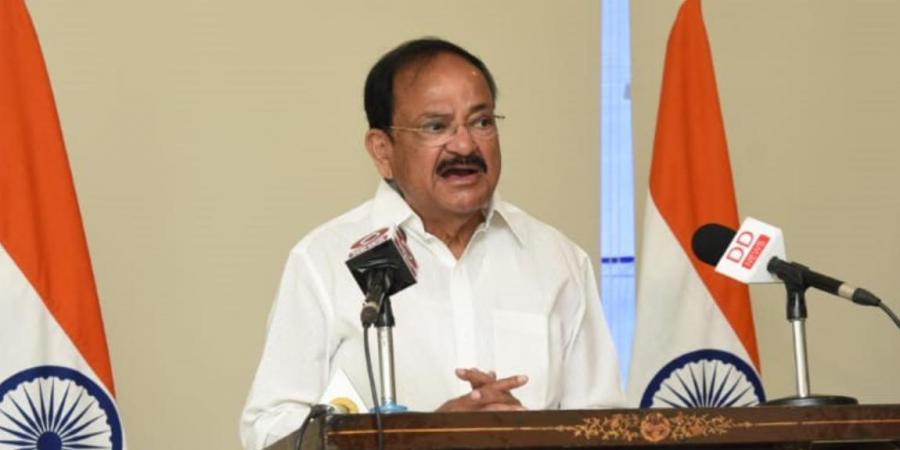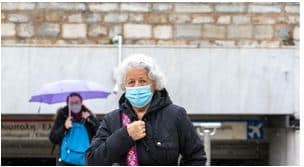 HYDERABAD: Vice President M Venkaiah Naidu on Sunday called upon the people to practice yoga and meditation and return to our traditional food habits to beat the stress caused by modern lifestyle and prevent non-communicable diseases (NCDs). At the virtual launch of the Society of Coronary Surgeons in Hyderabad, he said, “Yoga relieves stress and keeps diseases at bay. Hence, yoga must become part of everyone’s daily routine,” he added.
HYDERABAD: Vice President M Venkaiah Naidu on Sunday called upon the people to practice yoga and meditation and return to our traditional food habits to beat the stress caused by modern lifestyle and prevent non-communicable diseases (NCDs). At the virtual launch of the Society of Coronary Surgeons in Hyderabad, he said, “Yoga relieves stress and keeps diseases at bay. Hence, yoga must become part of everyone’s daily routine,” he added.
Quoting WHO, Naidu said NCDs encompass a vast group of illnesses such as cardiovascular, chronic respiratory diseases, cancer and diabetes, and contribute to around 41 million (71 per cent) of all the deaths globally and about 5.87 million (60 per cent) of all deaths in India.
Lifestyle to blame
Observing that the rise of NCDs was mainly due to lifestyle changes such as sedentary jobs, unhealthy and irregular dietary habits, high stress, smoking and chewing tobacco, he said and added that almost three quarters of all NCD deaths, and 82 per cent of the 16 million people, who died prematurely or before reaching 70 years of age, occur in low- and middle-income countries.
Expressing concern over the lack of modern and advanced healthcare facilities in most of the rural areas, the Vice President urged the private sector to join hands with the government to bring in the latest diagnostic and treatment facilities to the rural areas at affordable cost.He appealed to the medical fraternity to ensure that affordable healthcare was made available to all.
Venkaiah Naidu also emphasised on following ethics, especially by those in medical profession. He said that India had emerged as a world class player in the delivery of heart care with the second largest number of CABG (Coronary Artery Bypass Graft) surgeries being done in this country. “Our capabilities in healthcare were also clearly established during Covid-19 pandemic as the number of casualties were much lower when compared to some of the advanced countries in the world,” he added.
Doctor-patient ratio much lower than WHO norm
Referring to the doctor-patient ratio in India, which is lower than the WHO norm of one doctor for 1,000 people, the VP said it had to be addressed urgently and the private sector must complement the
efforts of the government in providing affordable medical education
























